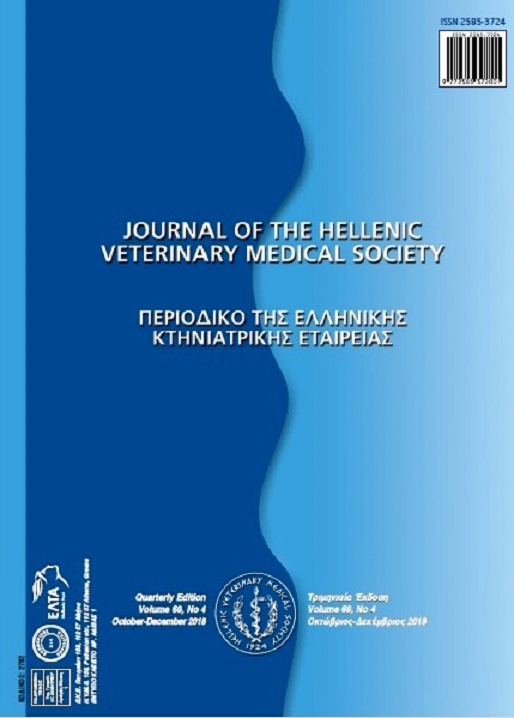Genomic identification of Toxic shock syndrome producing and methicillin resistant Staphylococcus aureus strains in human and sheep isolates
Abstract
Disease-associated Staphylococcus aureus strains often promote infections by producing potent protein toxins such as toxic shock syndrome toxin (TSST). The mecA gene allows a bacterium to be resistant to antibiotics such as methicillin, penicillin and other penicillin-like antibiotics. The aim of this study was to determine the prevalence of Staphylococcus aureus strains producing these two genes. In this study, within 110 cases isolated in Chaharmahal and Bakhtiari province, Staphylococcus aureus was isolated by microbiological methods. Then PCR was done for 66 samples to identify the mecA and TSST-1 genes. The results showed within 30 samples of human skin infection 18 cases (60%) were MRSA and 5 samples (16.66%) were positive for TSST-1 gene. Within 36 samples of ewe subacute mastitis 10 samples (27.77%) and 5 (13.88%) had mecA and TSST-1 genes respectively. Therefore the prevalence of methicillin resistance and toxic shock syndrome producing Staphylococcus aureus isolates was significant in Chaharmahal and Bakhtiari. Due to the presence of these isolates in Iran and their threatening role in public health, more attention for their monitoring and treatment is essential.
Article Details
- Come citare
-
MOKHTARI, A., EBRAHIMI KAHRIZSANGI, A., & HASANI, P. (2018). Genomic identification of Toxic shock syndrome producing and methicillin resistant Staphylococcus aureus strains in human and sheep isolates. Journal of the Hellenic Veterinary Medical Society, 69(2), 941–950. https://doi.org/10.12681/jhvms.18016
- Fascicolo
- V. 69 N. 2 (2018)
- Sezione
- Research Articles

Questo lavoro è fornito con la licenza Creative Commons Attribuzione - Non commerciale 4.0 Internazionale.
Authors who publish with this journal agree to the following terms:
· Authors retain copyright and grant the journal right of first publication with the work simultaneously licensed under a Creative Commons Attribution Non-Commercial License that allows others to share the work with an acknowledgement of the work's authorship and initial publication in this journal.
· Authors are able to enter into separate, additional contractual arrangements for the non-exclusive distribution of the journal's published version of the work (e.g. post it to an institutional repository or publish it in a book), with an acknowledgement of its initial publication in this journal.
· Authors are permitted and encouraged to post their work online (preferably in institutional repositories or on their website) prior to and during the submission process, as it can lead to productive exchanges, as well as earlier and greater citation of published work.




